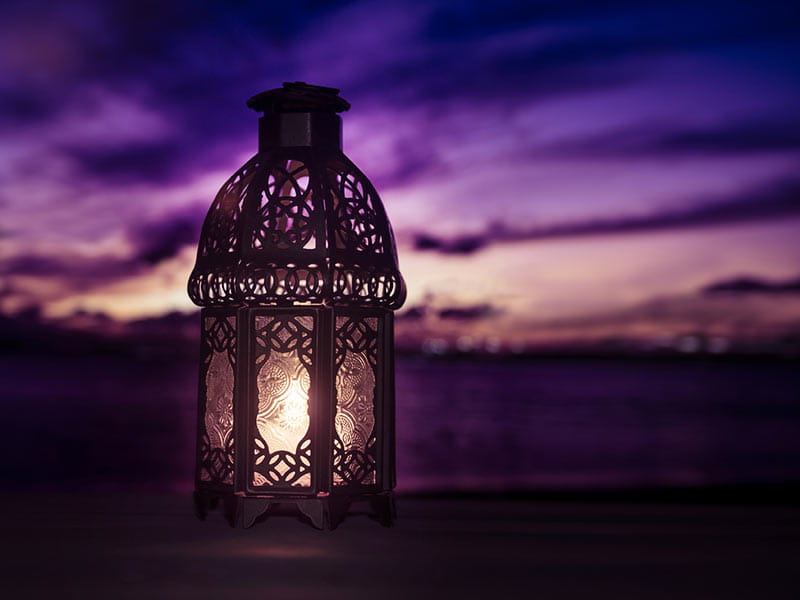Reconnect with Spirituality This Ramadan
By Dilshad D. Ali
Ramadan, the ninth month in the Islamic calendar, is special to millions of Muslims worldwide as a holy period dedicated to fasting, self-purification, and spiritual attainment. Every year the world's Muslims redesign their life to focus on the goals of Ramadan: A whole-body awareness of God and a humble thankfulness for whatever blessings He has granted.
But Ramadan in non-Muslim countries can be more challenging, as Muslims try to navigate the requirements and recommendations of Ramadan--fasting from sunrise to sunset, fitting in the five daily prayers at their appointed times, attending special evening tarawih prayers at the mosque, and reading the Qur'an each day for an entire month--while juggling the demands of work, school, and family.
While I passed lunchtime in my junior high school guidance counselor's office during Ramadan, or sneaked a date and water to break fast during an evening class in college, or grabbed five minutes in my editor's office to pray at my first job, my cousins in the United Arab Emirates, Saudi Arabia, and in Pakistan enjoyed half-days at school and work and a week's vacation for Eid-ul-Fitr, the holiday at the end of Ramadan.
But I figure, though it's harder to fast and heighten spirituality when everyone around you isn't joining in, it sure makes the inner striving more special. And 18 years of fasting in this country have taught me some valuable strategies for living a Muslim life in a non-Muslim society while enjoying both.
Here are five practices I've found helpful in simplifying and spiritualizing my Ramadan experience. And if you're not a Muslim, these tips can be adapted to make your daily life a little more spiritual and uncomplicated.

